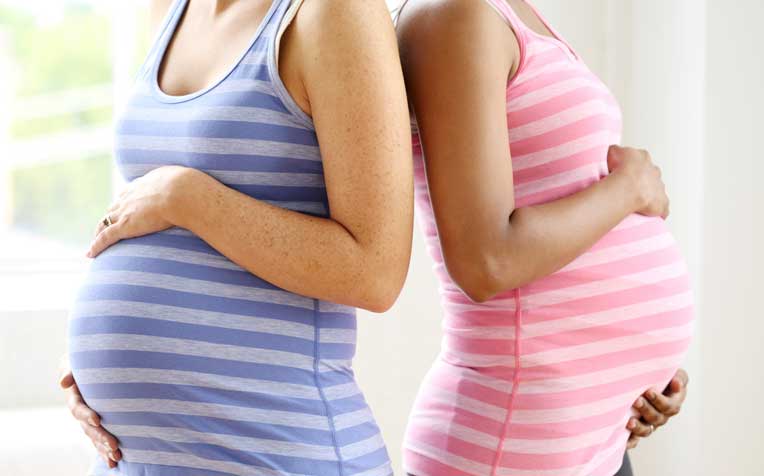HealthXchange will NEVER ask you to transfer money over a call. If in doubt, call the 24/7 ScamShield helpline at 1799, or visit the ScamShield website at www.scamshield.gov.sg.
Carpal Tunnel Syndrome Affects More Women Than Men

Carpal tunnel syndrome often occurs during pregnancy.
Pregnant women are especially at risk of developing this condition.
The carpal tunnel is a narrow passageway formed by bones and ligament at the wrist level. The median nerve travels through this tunnel to enter the hand.
In carpal tunnel syndrome, the median nerve gets compressed in the carpal tunnel. This can be due to a number of conditions, including rheumatoid arthritis, degenerative changes from an old fracture and even congenital reasons.
Diabetes mellitus can also increase the susceptibility of the nerve to pressure.
Carpal tunnel syndrome has been associated with other conditions, such as obesity, hypothyroidism, acromegaly, a family history of carpal tunnel syndrome, work-related excessive and repetitive movements of the wrist and hand.
Some cases just happen spontaneously, with no known reason.
More Women At Risk
Women may be at greater risk of developing carpal tunnel syndrome because their carpal tunnel is smaller.
“Pregnant women are more susceptible to carpal tunnel syndrome because of hormonal changes and fluid retention which can increase the pressure in the carpal tunnel,” says Dr Kalpana Prasad, Head and Senior Consultant, Department of Neurology, National Neuroscience Institute (NNI), a member of the SingHealth group.
Carpal tunnel syndrome symptoms
Carpal tunnel syndrome is likely to start with mild numbness and tingling in the hands, especially in the thumb, index, middle and ring fingers. These sensations are commonly exacerbated during sleep. They may also be felt while holding an object such as a phone or book, or while gripping a steering wheel or bus handrail.
Carpal tunnel syndrome symptoms are likely to become more persistent and severe as the condition progresses. If symptoms are left untreated, the patient can suffer median nerve damage leading to loss of sensation in the hand, including the ability to feel temperature. Muscle weakness can also result, causing hand clumsiness and a tendency to drop objects. Thus it is best to see a doctor as soon as you start showing symptoms.
Read more in the next page: diagnosis, treatment and prevention tips.
Ref. R14
Contributed by
Related Articles
Conditions & Treatments
Public Events
Get the Health Buddy App
© 2025 SingHealth Group. All Rights Reserved.
















 Get it on Google Play
Get it on Google Play